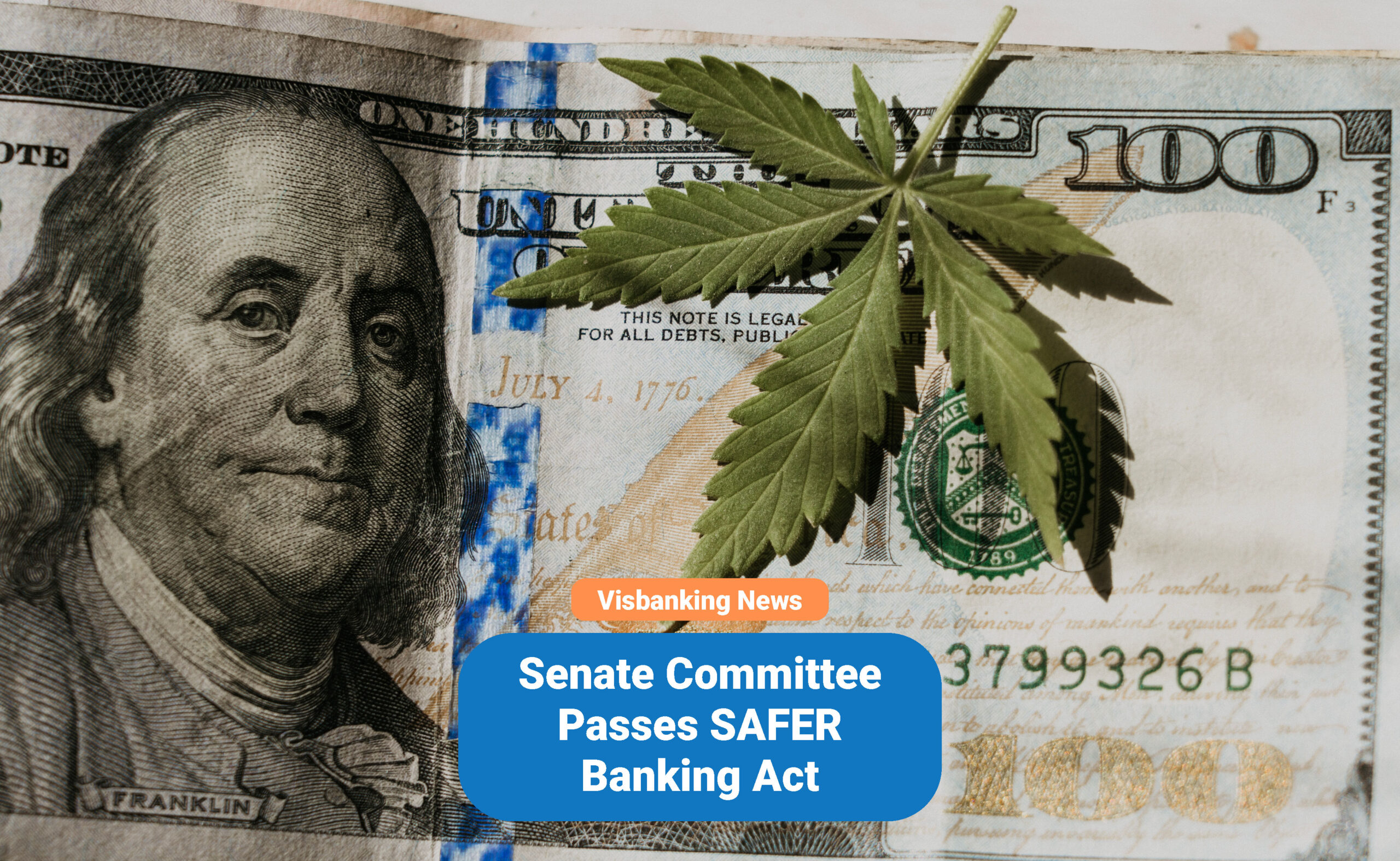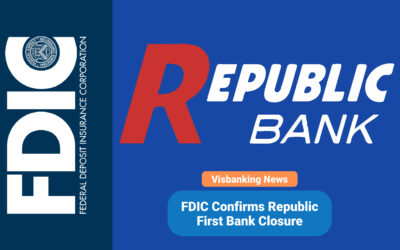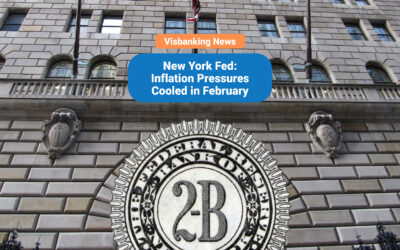On Wednesday, the Democrat-controlled Senate Banking Committee passed the SAFER Banking Act. That paves the way for the cannabis banking bill to move to a floor vote for the first time. Proponents of the legislation have urged its passage to enable cannabis-related companies to gain access to banking services.
What is the SAFER Banking Act?
The bill’s full title is The Secure and Fair Enforcement Regulation Banking Act. The bill is an updated version of the SAFE Banking Act. That bill was approved by the House seven times but failed to pass in the Senate. The legislation is designed to ensure that legal businesses that deal with cannabis products will be able to get loans, insurance, and deposit services.
Many in the industry now expect that Senate Majority Leader Schumer will bring the bill to the floor before the end of this Senate session. However, some are already expressing concern that the bill could meet stiffer opposition in the House of Representatives. Few expect it to be a priority for that chamber, which is currently focused on completing the budget process.
Why is the Act needed?
Because the federal government has made marijuana illegal, most of the nation’s banks refuse to do business with cannabis companies. That law is at odds with legislation in states where marijuana has been legalized. If the bill passes both the Senate and House, and is signed into law, then the bar on bank services would be lifted.
Because of the current restrictions, legal companies operating in states that have legalized cannabis are forced to rely on cash transactions. As observers have noted, that leaves those companies at greater risk for robberies and other crimes. Restrictions on banking access also deny those companies access to capital funding that they need to expand operations.
Still, some critics of the SAFER Banking Act argue that the bill doesn’t go far enough. Many cite existing provisions in the tax code that prevent these companies from writing off business costs. What is clear is that the push for removing restrictions on the industry is likely to continue, regardless of this bill’s fate.




